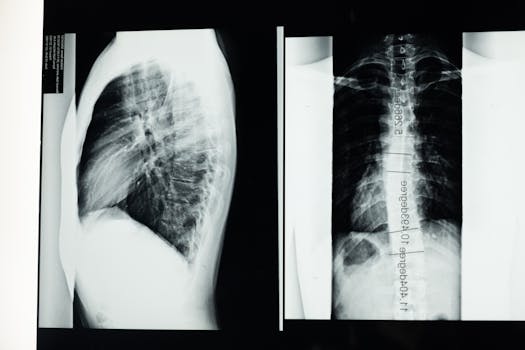
The role of genetics in human health and disease is a crucial area of study that helps us understand how our genetic makeup influences our susceptibility to various diseases and conditions. Genetics is not just about hereditary traits; it plays a vital role in the development of diseases, their progression, and responses to treatment.
Understanding Genetics

Genetics is the branch of biology that deals with heredity and variation in organisms. It is the study of genes, genetic variation, and heredity in living organisms. The human genome, which contains approximately 20,000-25,000 genes, provides the blueprint for human development and function. Variations in these genes can lead to differences in health and disease risk.
Genetic Disorders

Genetic disorders are diseases caused by abnormalities in the genetic material of a person. These disorders can be inherited, arising from mutations in the genes passed down from parents, or they can occur spontaneously due to mutations that happen during a person’s lifetime. Some common genetic disorders include:
- Cystic Fibrosis: A hereditary disorder affecting the lungs and digestive system.
- Sickle Cell Anemia: A blood disorder caused by a mutation in the hemoglobin gene.
- Down Syndrome: A genetic disorder caused by the presence of an extra chromosome 21.
Genetics and Disease Susceptibility

Many diseases, such as heart disease, diabetes, and certain types of cancer, have a genetic component. Genetic predisposition does not guarantee that an individual will develop a disease, but it can significantly increase their risk. For instance, individuals with mutations in the BRCA1 or BRCA2 genes have a higher risk of developing breast and ovarian cancer.
Personalized Medicine

The understanding of genetic factors in health and disease has led to the development of personalized medicine. This approach tailors medical treatment to the individual characteristics of each patient, often based on their genetic profile. By analyzing a patient’s genetic information, healthcare providers can make more informed decisions regarding prevention, diagnosis, and treatment strategies.
Conclusion

In conclusion, the role of genetics in human health and disease is profound. Understanding our genetic makeup can lead to better prevention strategies and treatment options for a wide range of conditions. As research in genetics continues to advance, the potential for improving health outcomes through personalized medicine becomes increasingly promising.



